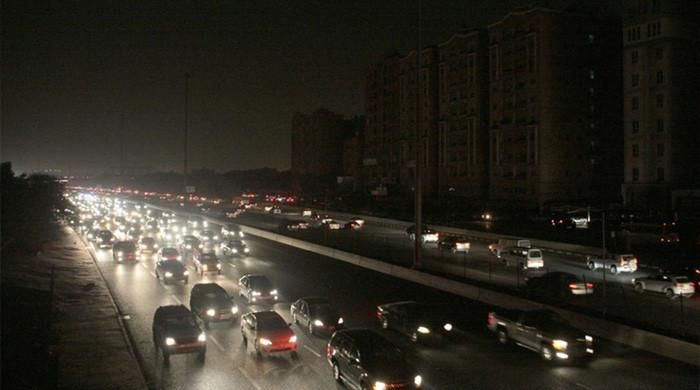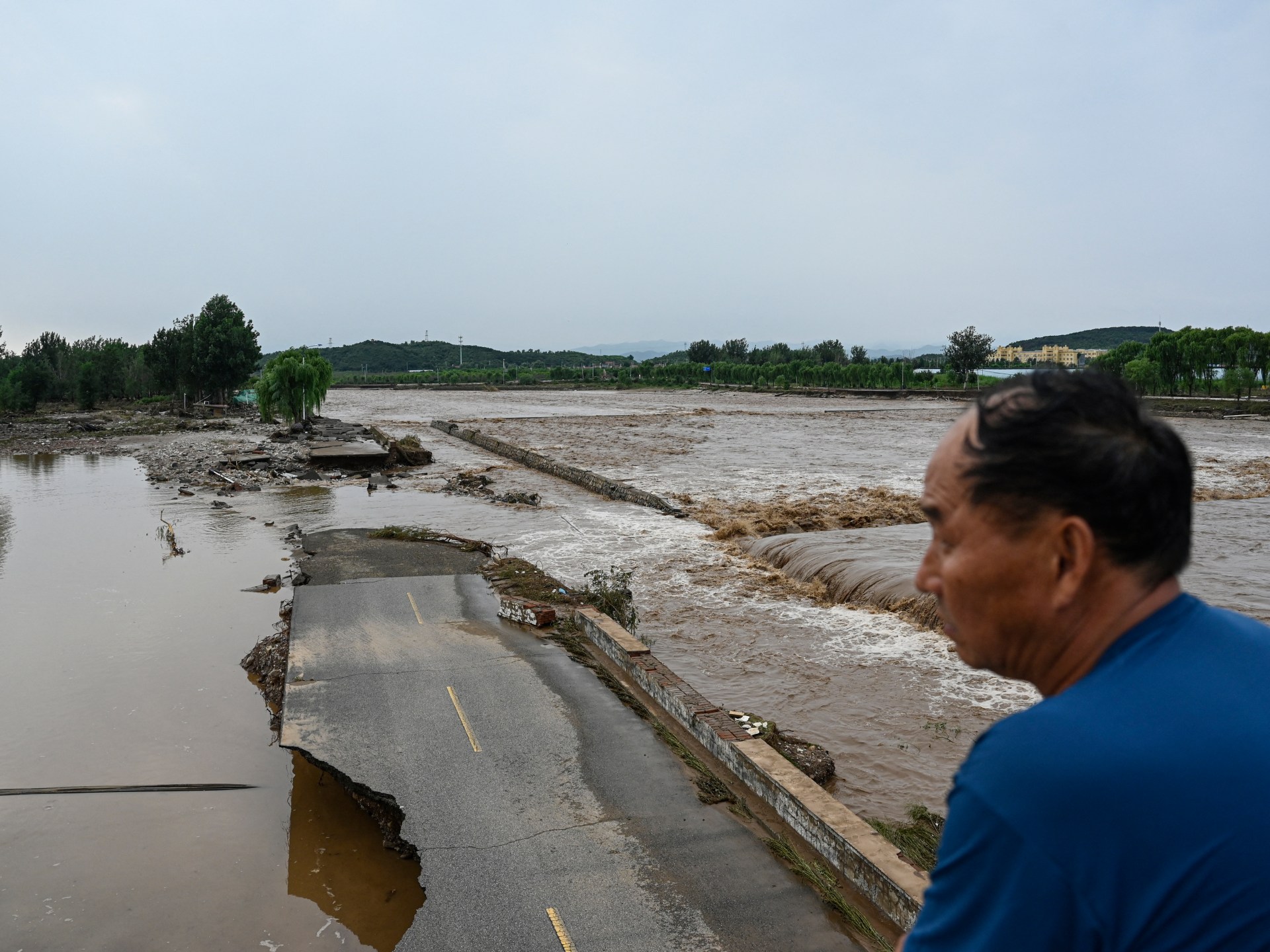Kuwait has announced temporary power cuts in some parts of the country during peak consumption hours, saying it is struggling to meet increased demand caused by extreme summer heat.
In a statement on Wednesday, Kuwait's Ministry of Electricity, Water and Renewable Energy said the planned cuts would occur for up to two hours a day, in the first such step for the OPEC member state as climate change causes an increase in temperatures.
The cuts are due to “the inability of power plants to meet increased demand” during peak hours, amid “an increase in temperatures compared to the same period in previous years.”
On Thursday, the ministry published a schedule of planned cuts in several parts of the country, after urging residents to ration consumption to ease the burden on power plants.
Kuwait, one of the largest crude oil producers in the Organization of the Petroleum Exporting Countries (OPEC), is considered one of the hottest desert countries in the world.
In recent years, climate change has made summer peaks hotter and longer.
Extreme heat increases dependence on the energy-intensive air conditioners that are ubiquitous in Kuwait during the summer months.
Temperatures approached 50°C (122°C) on Thursday, according to the Kuwait Meteorological Department.
“What we are experiencing today is a result of climate change,” said Kuwaiti astronomer and scientist Adel Al-Saadoun, noting that temperatures are expected to exceed 50°C in the coming days.
Last month, Kuwait signed short-term contracts to buy 500 megawatts of electricity, including 300 MW from Oman and 200 MW from Qatar, during the summer months. The contracts would last from June 1 to August 31.
Kamel Harami, a Kuwaiti energy expert, said the Gulf state needed to revamp its energy infrastructure.
“The energy available is not enough and instead of relying on oil and gas, we must turn to nuclear, solar and wind energy,” he said. AFP.
“This is just the beginning of the crisis and scheduled power cuts will continue for years to come if we do not accelerate the construction of power plants.”
Umm Mohammed, a Kuwaiti woman in her sixties, said she was without power for two hours on Wednesday.
“We were not seriously affected,” he said. AFPnoting that the house remained cold during the brief blackout.
“Some turn their homes into refrigerators, even when they are not inside, and this increases the load” on power plants, he said.












